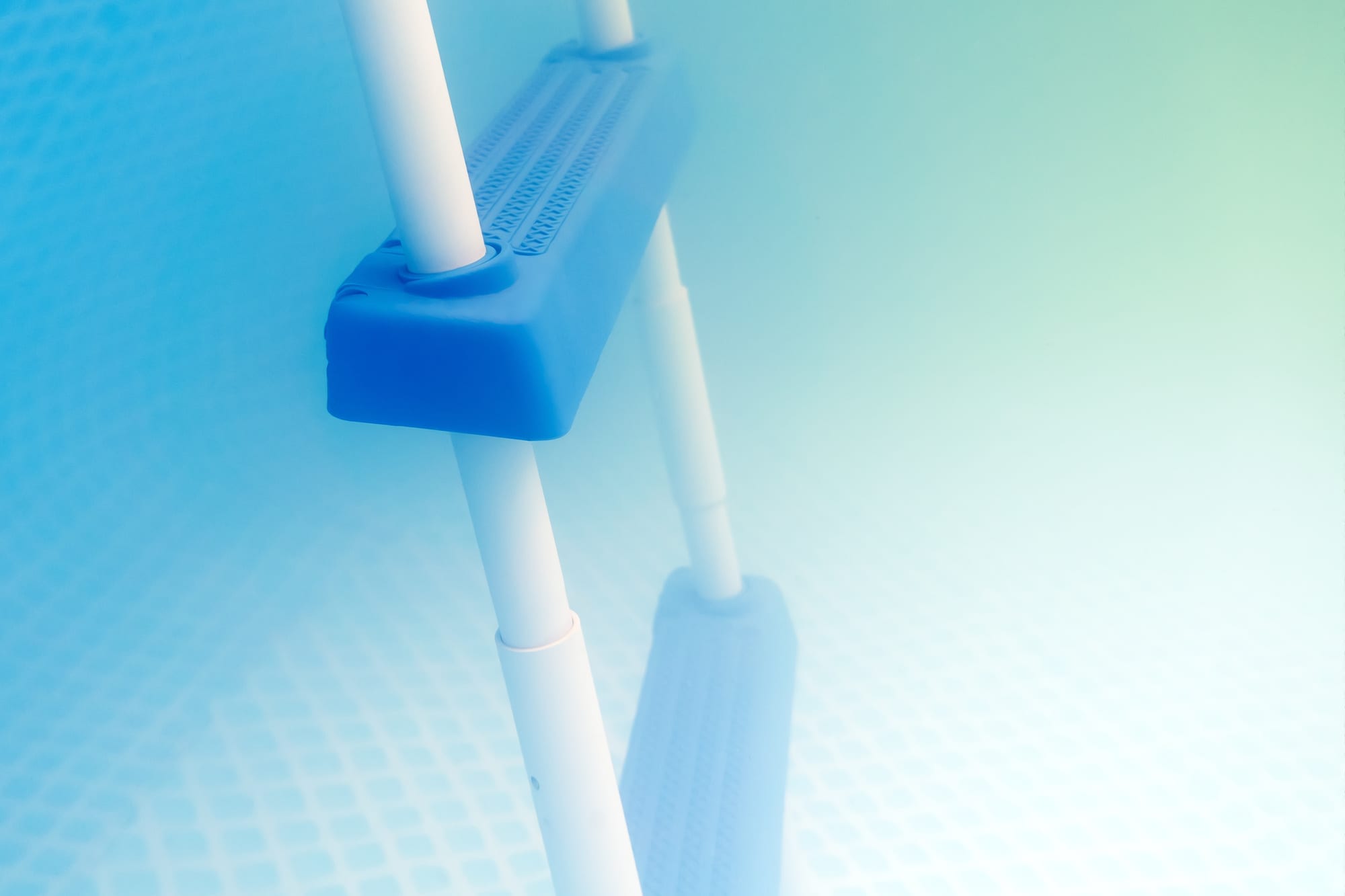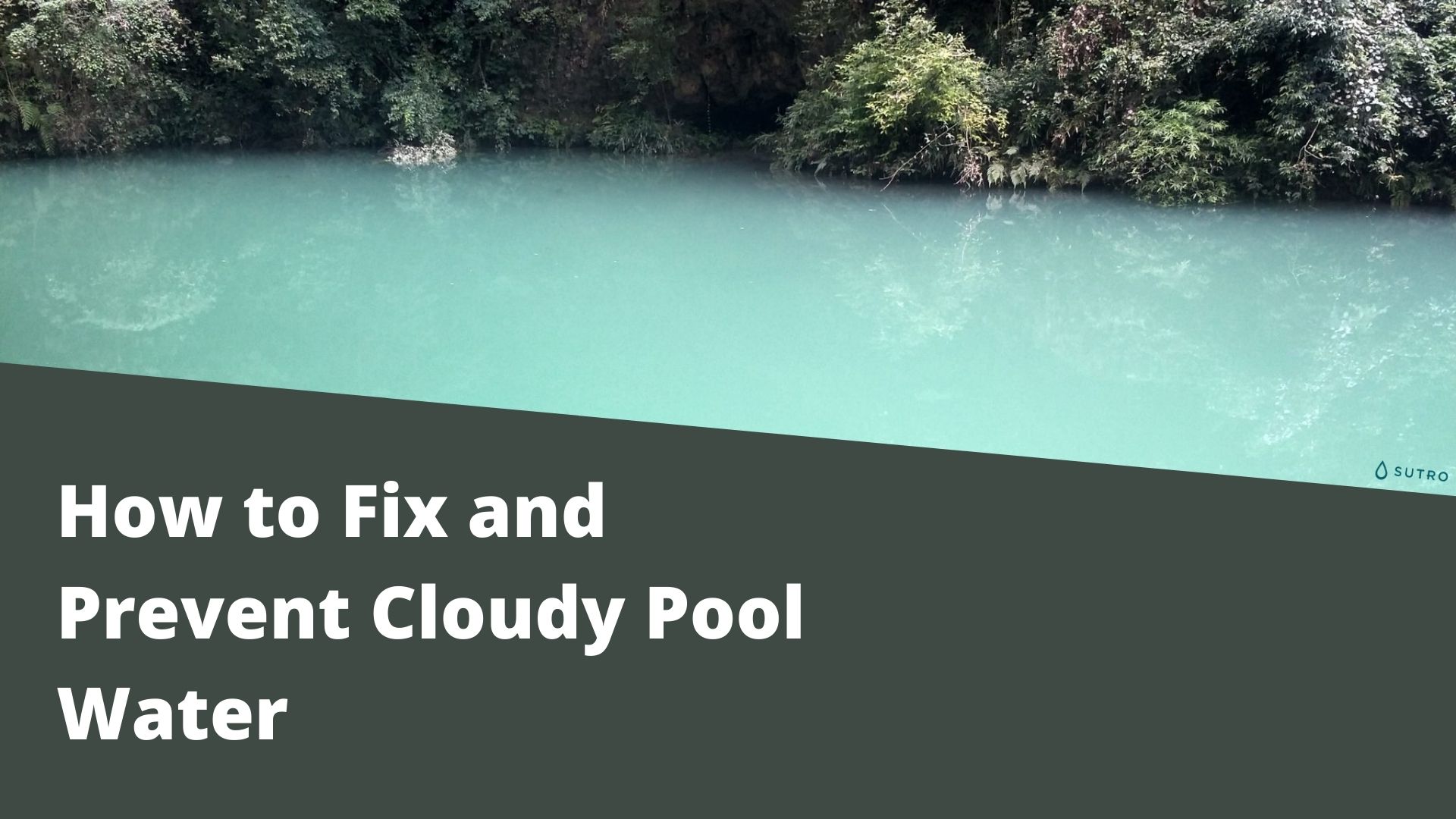Picture this: a sunny day, a shimmering pool, and a thirst for a refreshing swim. But instead of the crystal-clear water you expect, you’re greeted by a murky, cloudy mess. Frustrating, isn’t it? Cloudy pool water is a common problem that can dampen your poolside experience and raise concerns about cleanliness and safety. So, what causes this issue, and how do you fix it?
Whether you’re a seasoned pool owner or a first-time pool enthusiast, dealing with cloudy water can feel overwhelming. However, understanding the root causes and implementing the right solutions can quickly restore your pool’s sparkle. This article delves deep into the reasons behind cloudy pool water, offering actionable tips to tackle the problem and prevent it from recurring.
From imbalanced chemicals to improper filtration, numerous factors can play a role in turning your pool water cloudy. But fret not—this comprehensive guide will help you identify the culprits and provide step-by-step solutions to keep your pool water crystal clear all season long. Let’s dive in!
Read also:The Diet Of Starfish What Do Starfish Eat
Table of Contents
- What Causes Cloudy Pool Water?
- Is Cloudy Pool Water Dangerous?
- Chemical Imbalances and Cloudy Water
- How Does Filtration Impact Pool Clarity?
- Can Weather Affect Pool Water Clarity?
- Common Signs of Cloudy Pool Water
- How to Fix Cloudy Pool Water?
- Preventing Cloudy Pool Water
- Using Pool Shock to Clear Cloudy Water
- Can Cloudy Water Damage Your Pool Equipment?
- Does Sunscreen Contribute to Cloudy Water?
- How to Maintain a Balanced Pool?
- Frequently Asked Questions
- Conclusion
What Causes Cloudy Pool Water?
Cloudy pool water can be caused by a variety of factors, ranging from chemical imbalances to environmental contaminants. Below are some of the most common causes:
- Imbalanced Pool Chemicals: Low chlorine levels, high pH, or excessive alkalinity can make your water appear cloudy.
- Poor Filtration: A malfunctioning or clogged filter system fails to remove debris and particles effectively.
- Environmental Factors: Dirt, pollen, leaves, and even sunscreen can accumulate in the water, causing turbidity.
- High Calcium Hardness: Excess calcium deposits can lead to cloudy water and scaling.
- Algae Growth: Improper sanitation can result in algae blooms, which make the water appear green and murky.
Understanding the root cause of your cloudy pool water is the first step toward finding an effective solution. Let’s explore these issues in detail.
Is Cloudy Pool Water Dangerous?
Yes, cloudy pool water can pose several health and safety risks:
- Health Hazards: Cloudy water may harbor harmful bacteria and pathogens, increasing the risk of skin infections, eye irritation, and gastrointestinal issues.
- Reduced Visibility: Poor water clarity increases the risk of accidents, making it difficult to see swimmers underwater.
- Equipment Damage: Particles in cloudy water can clog filters and damage pool equipment over time.
It’s essential to address the problem as soon as possible to ensure your pool remains safe and enjoyable for everyone.
Chemical Imbalances and Cloudy Water
Maintaining the correct chemical balance is crucial for pool clarity. Here’s how different chemical factors contribute to cloudiness:
- Low Chlorine Levels: Insufficient chlorine allows bacteria and organic matter to thrive, leading to cloudy water.
- High pH Levels: High pH levels reduce chlorine’s effectiveness, making it harder to sanitize the pool.
- Excessive Alkalinity: High alkalinity can cause calcium deposits and cloudiness.
Regular water testing and timely adjustments are key to preventing chemical imbalances.
Read also:Top Picks For The Best Work Bags That Combine Style And Functionality
How Does Filtration Impact Pool Clarity?
Your pool’s filtration system plays a vital role in maintaining water clarity. Here’s why:
- Debris Removal: Filters trap dirt, leaves, and other particles that cause cloudiness.
- Circulation: Proper water circulation ensures even distribution of chemicals and prevents stagnant areas.
- Filter Maintenance: A clogged or damaged filter reduces efficiency and can worsen water clarity issues.
Regular cleaning and maintenance of your filtration system are essential for keeping your pool water crystal clear.
Can Weather Affect Pool Water Clarity?
Absolutely! Weather conditions can significantly impact your pool’s water quality:
- Rainwater: Rain can introduce dirt, debris, and contaminants into your pool, affecting clarity.
- High Temperatures: Warm weather accelerates algae growth and evaporation, leading to imbalances.
- Wind: Wind carries dust, pollen, and leaves into the pool, contributing to cloudiness.
Keeping your pool covered during adverse weather conditions can help mitigate these effects.
Common Signs of Cloudy Pool Water
Not sure if your pool water is cloudy? Here are some telltale signs:
- Murky Appearance: The water looks dull, and you can’t see the bottom of the pool clearly.
- Foamy Surface: Foam or bubbles on the pool’s surface often indicate contamination.
- Unusual Odor: Cloudy water may emit a strong chlorine or musty smell.
Identifying these signs early can help you address the issue before it worsens.
How to Fix Cloudy Pool Water?
Fixing cloudy pool water involves a systematic approach:
- Test Water Chemistry: Use a test kit to check chlorine, pH, and alkalinity levels.
- Shock the Pool: Add a high dose of chlorine to kill bacteria and algae.
- Clean the Filter: Backwash or replace the filter to improve efficiency.
- Vacuum the Pool: Remove debris and sediment from the bottom of the pool.
- Use a Clarifier: Pool clarifiers help bind tiny particles, making them easier to filter out.
Follow these steps, and your pool should return to its pristine state in no time.
Preventing Cloudy Pool Water
Prevention is always better than cure. Here’s how to keep your pool water clear:
- Regular Maintenance: Clean the pool and filter system weekly.
- Monitor Chemical Levels: Test and adjust water chemistry at least twice a week.
- Cover the Pool: Use a pool cover to prevent debris and contaminants from entering.
- Educate Swimmers: Encourage pool users to shower before swimming to minimize sunscreen and lotion contamination.
By adopting these habits, you can enjoy a crystal-clear pool all year round.
Using Pool Shock to Clear Cloudy Water
Pool shocking is an effective way to clear cloudy water. Here’s how to do it:
- Choose the Right Shock: Use a calcium hypochlorite or liquid chlorine shock for best results.
- Follow Instructions: Read the manufacturer’s guidelines and use the recommended amount.
- Apply at Night: Shocking the pool at night prevents chlorine degradation from sunlight.
Repeat the process if necessary for severely cloudy water.
Can Cloudy Water Damage Your Pool Equipment?
Yes, cloudy water can harm your pool equipment:
- Clogged Filters: Particles in cloudy water can clog filters, reducing efficiency.
- Pump Damage: Debris can strain the pump, leading to costly repairs.
Regular maintenance and water clarity checks can prevent equipment damage.
Does Sunscreen Contribute to Cloudy Water?
Sunscreen and lotions can indeed cloud your pool water. Here’s why:
- Oil Residue: Oils from sunscreen form a film on the water’s surface.
- Chemical Reactions: Sunscreen chemicals can interact with chlorine, reducing its effectiveness.
Encourage swimmers to rinse off before entering the pool to minimize these effects.
How to Maintain a Balanced Pool?
A balanced pool is the key to clear water. Follow these steps:
- Test Water Weekly: Use a reliable test kit to check chemical levels.
- Adjust as Needed: Add chemicals in small increments to avoid overcorrecting.
- Maintain Equipment: Clean and inspect your pool equipment regularly.
Consistency is the secret to maintaining a balanced and sparkling pool.
Frequently Asked Questions
- Why is my pool water still cloudy after shocking? It may take up to 24 hours for the water to clear after shocking. Check your filter and repeat the process if necessary.
- Can I swim in a cloudy pool? It’s best to avoid swimming in cloudy water due to potential health risks and reduced visibility.
- How often should I test my pool water? Test your pool water at least twice a week to maintain optimal chemical balance.
- What is the best pool clarifier to use? Look for a clarifier compatible with your pool type and follow the manufacturer’s instructions.
- Does adding too much chlorine make the water cloudy? Yes, excessive chlorine can cause cloudiness due to chemical imbalances.
- How long does it take for a pool filter to clear cloudy water? Depending on the severity, it can take anywhere from a few hours to several days.
Conclusion
Cloudy pool water is more than just an aesthetic issue—it can pose health risks and damage your pool equipment. By understanding the causes and implementing the solutions outlined in this guide, you can restore your pool to its former glory. Remember, regular maintenance and proactive measures are the keys to a crystal-clear pool that’s safe and inviting for everyone. Dive in and enjoy your sparkling oasis!
Article Recommendations

